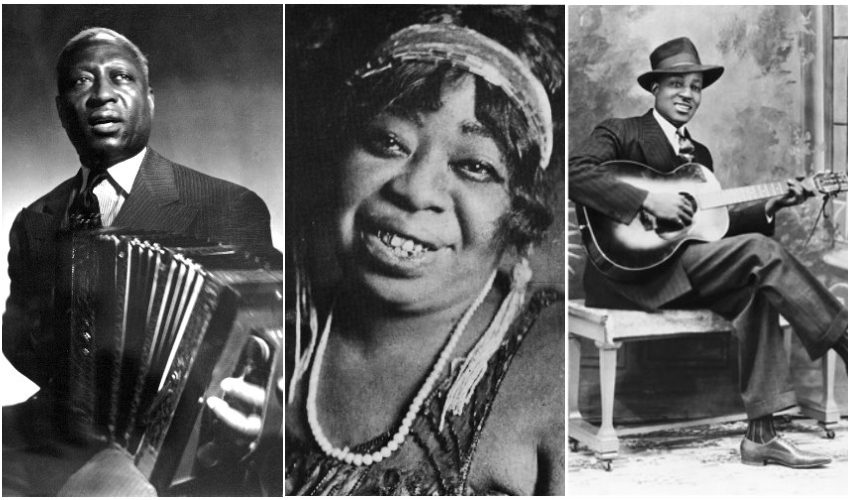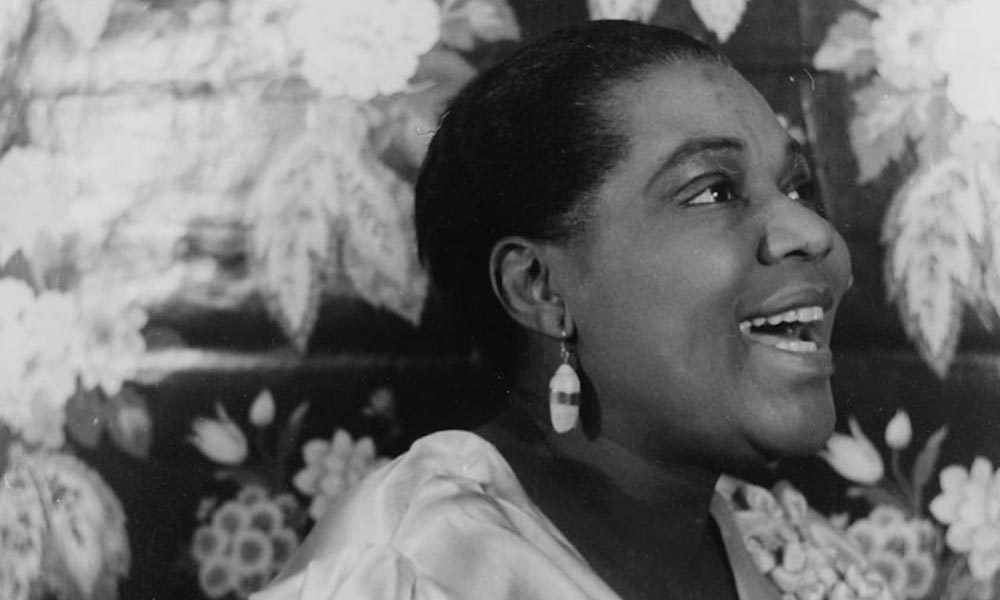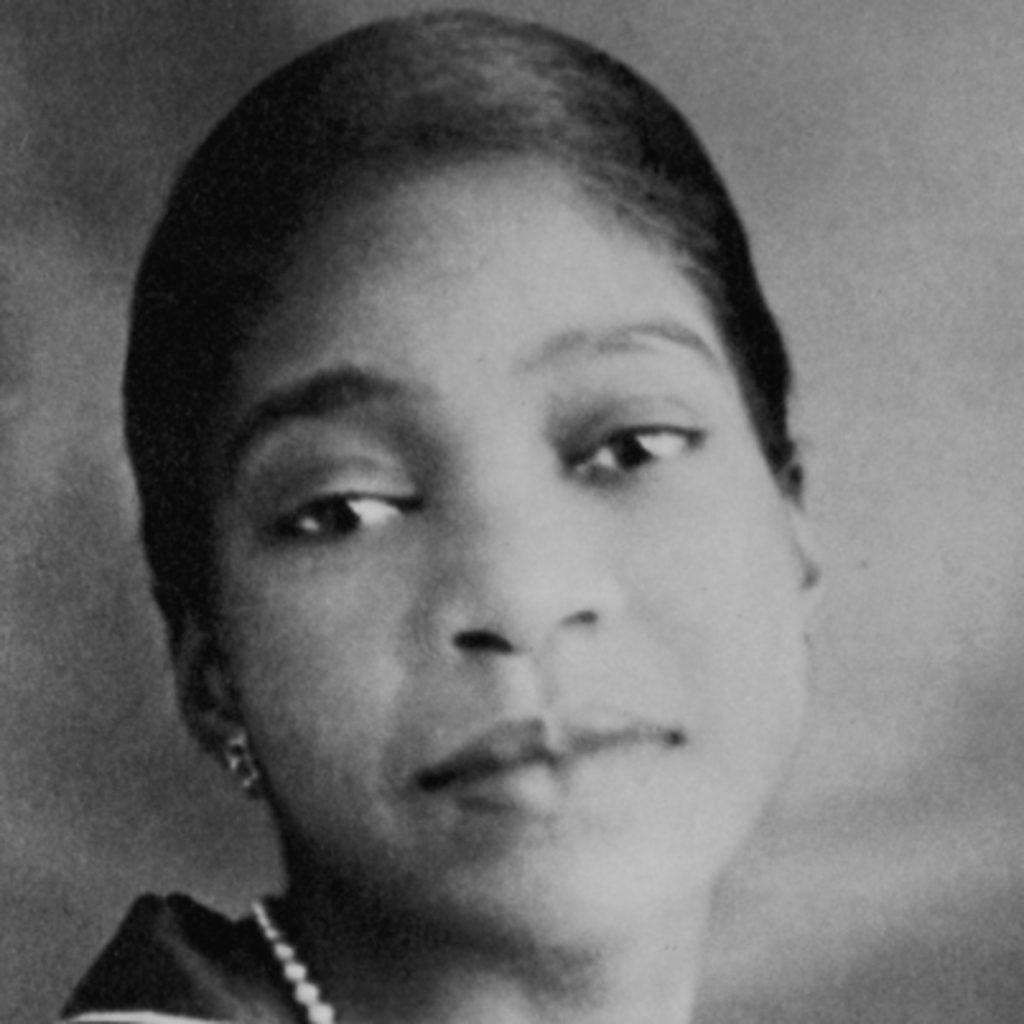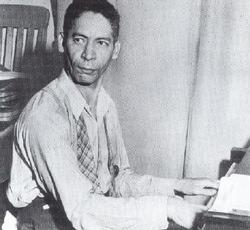
Blues was the music of the 1980s, it was the theme song of movements. During the 1980s, record labels were in the fright of producing the next greatest Blues artists and songs. Blues music originated in the Mississippi Delta, and it was originally a poor man’s music. The race records of the 1980s and great musicians like Bessie redefined modern music to include secular ideas and the hardships of life.
In early blues music, most black men were not allowed to perform on stages because their presence frightened white audiences. Instead, black women artists became the face of early blues music in the North. However, kings like Jelly Roll Morton, ruled in the blues in the South. With the current sexism in the industry, it capitulated Bessie Smith’s career from performing in small shows to grand cabaret. Although Bessie Smith’s talent surpassed the arena’s white club owners booked for her. The creation of record labels capitulated blues music across the country.



Record labels would mix, produced, and master music and sell copies of the master to different areas of the country. However, this allowed record labels control over black art. Currently, the problem of record labels controlling and buying out black artists to bring out of their poor backgrounds, which is a form of slavery in the music industry. The adaptation of blues brought secular concepts to the forefront of music. For instance, Bessie Smith would sing about her man leaving her thus inducing a feeling of somberness and loneliness. Blues shifted the landscape of music from religion to secular.
The combination of race records, musicians like Bessie Smith, and the transition from religious to secular music increased the popularity of blues music in the 1960s. Blues music paved the way for genres like Rhythm and Blues, and continues to be a timeless genre.

Login to your account